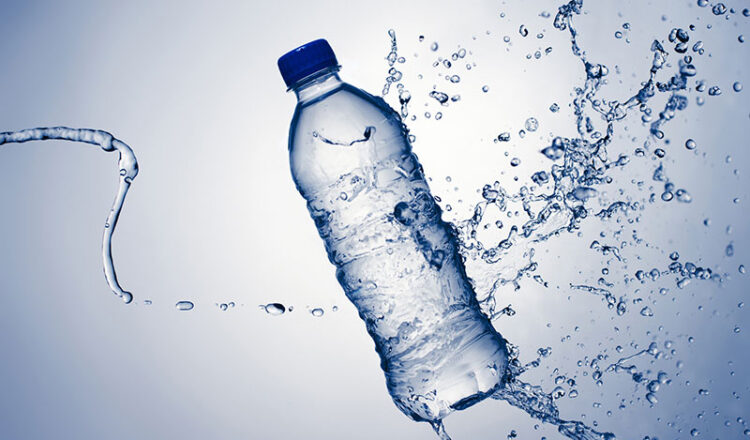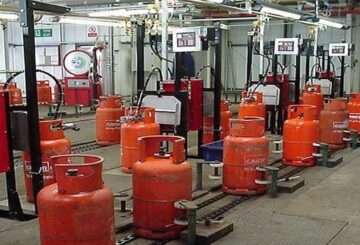Bottled water consumption in Nigeria is soaring, with an astonishing 33 billion liters consumed annually, valued at over 11 trillion naira. Within this booming market, a remarkable success story stands out – Coca-Cola’s Eva water, with a minuscule 0.09% market share, raked in an impressive 136 billion naira in revenue in 2019. Yet, despite the immense opportunity to quench the nation’s thirst for bottled water, challenges persist, leading to shortages during peak demand periods like last December.
The Bottled Water Frenzy:
Nigeria’s demand for bottled water has reached unprecedented levels, driven by factors such as growing urbanization, rising incomes, and increasing health consciousness. As the country battles challenges with access to clean drinking water in certain regions, bottled water has become a reliable and convenient alternative for millions of Nigerians.
Coca-Cola’s Spectacular Success:
Amidst the fierce competition in the bottled water landscape, Coca-Cola’s Eva water managed to achieve remarkable heights. Garnering a mere 0.09% market share, the brand defied the odds, generating a staggering 136 billion naira in revenue in 2019. This astounding feat attests to the potential profitability within the bottled water industry in Nigeria.
Seasonal Shortages and Fragmentation:
Despite the immense market size, the bottled water industry in Nigeria remains highly fragmented, with no dominant players. Top brands account for less than 5% of total industry sales, and even the industry leader holds less than 1% of the market share. As a result, during periods of heightened demand, such as the past Decembers, the market experienced shortages, leaving consumers thirsty and suppliers scrambling to meet the surge.
Unlocking the Potential:
While Nigeria’s bottled water market presents a goldmine of opportunity, cracking the code to success requires strategic planning, innovation, and efficient distribution networks. The industry’s fragmentation opens the door for new players to make a significant impact and claim a share of the market.
Innovative Branding and Marketing:
To make a splash in this highly competitive market, new entrants must focus on innovative branding and marketing strategies that resonate with consumers. Highlighting the purity, health benefits, and convenience of bottled water, coupled with compelling storytelling, can establish emotional connections and build brand loyalty.
Efficient Distribution Networks:
Ensuring a consistent supply of bottled water, especially during peak demand, hinges on establishing robust distribution networks. Partnering with reputable distributors and investing in logistics can significantly enhance market penetration and customer satisfaction.
Quality and Compliance:
As health-consciousness grows among consumers, maintaining stringent quality standards and regulatory compliance is non-negotiable. Brands must prioritize quality assurance to build trust and credibility with customers.
Local Community Engagement:
Building relationships with local communities can be a key differentiator in the bottled water industry. Social responsibility initiatives, such as water accessibility projects, can create a positive impact, further endearing brands to their target audience.
As Nigeria’s thirst for bottled water continues to surge, the industry represents a significant opportunity for entrepreneurs and investors alike. Coca-Cola’s Eva water has shown that even a tiny market share can yield substantial returns. To succeed, new players must leverage innovative branding, efficient distribution, and uncompromising quality standards to quench the nation’s thirst and make their mark in this lucrative business terrain. The potential to make “free money” in the bottled water industry is within reach for those who dare to take on the challenge.
- Tags: Bottle water, business, Economy, Nigerian market





